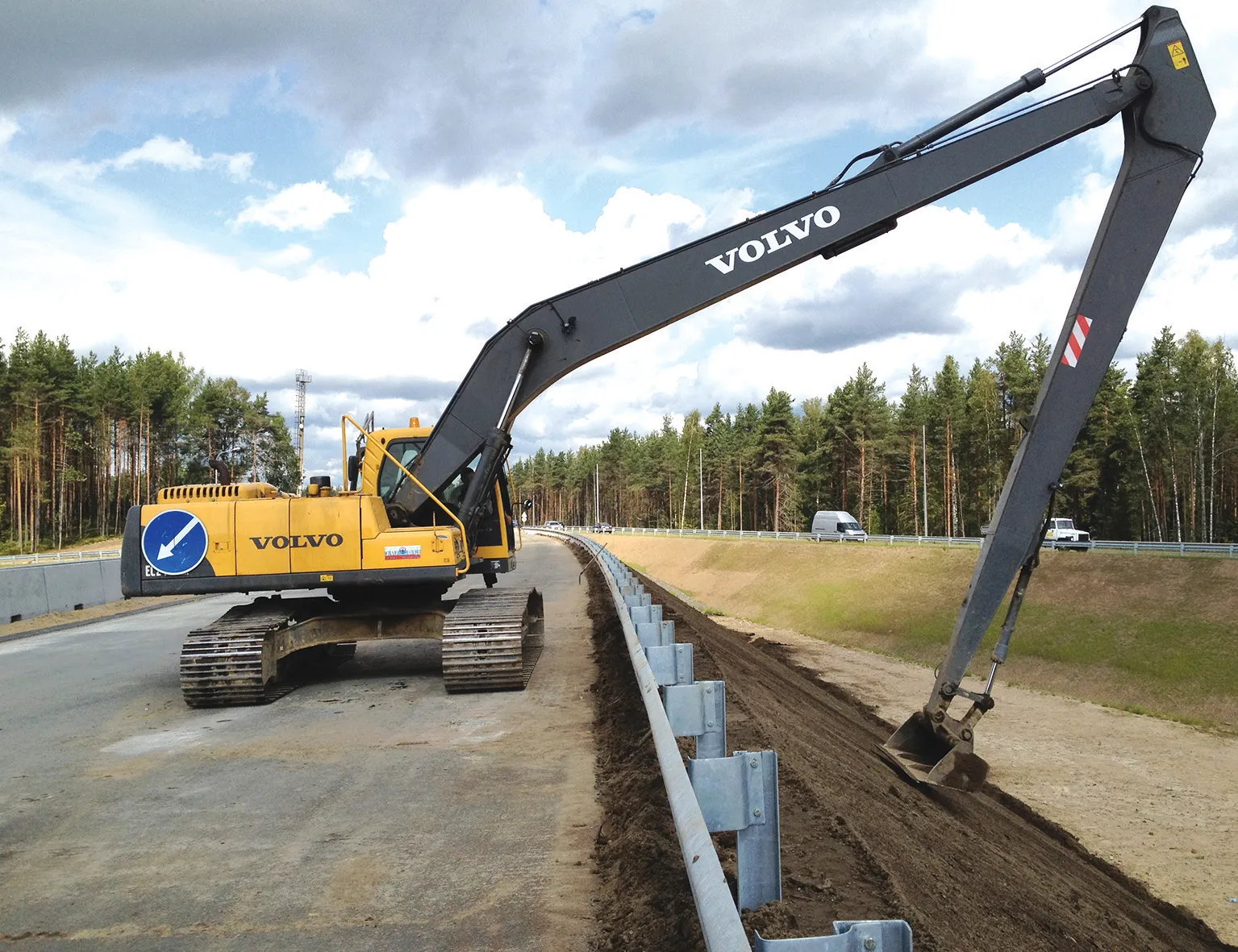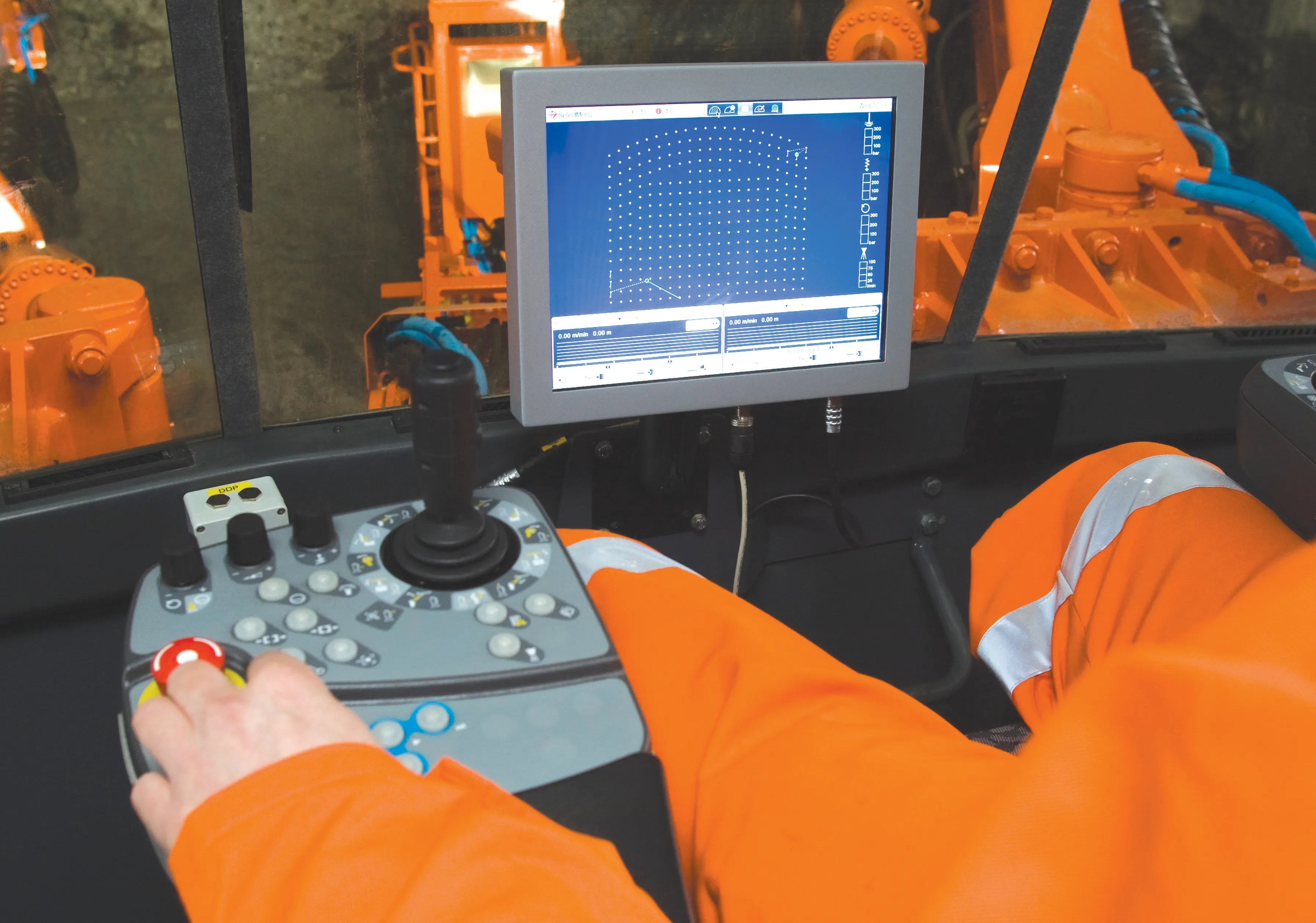An optimum infrastructure is a decisive factor for the economy of every country in order to facilitate a fast and reliable transport of goods. In Russia, which covers more than 17 million km², the expansion and maintenance of trans-regional roads plays a decisive role Transportation delays and failures due to non- or poorly-upgraded roads cost the country approximately 9% of economic output. Statistics from the Ministry of Transport show that only 8% of all Russian roads are multi-lane. The Russian governme
April 3, 2013
Read time: 3 mins

An optimum infrastructure is a decisive factor for the economy of every country in order to facilitate a fast and reliable transport of goods. In Russia, which covers more than 17 million km², the expansion and maintenance of trans-regional roads plays a decisive role
Transportation delays and failures due to non- or poorly-upgraded roads cost the country approximately 9% of economic output. Statistics from the Ministry of Transport show that only 8% of all Russian roads are multi-lane. The Russian government attaches increased importance to the progress of major infrastructure projects such as the construction of the near 700km long motorway from St Petersburg to Moscow.With this prestige project, the ZAO VAD construction consortium is using technology from
“Decisive for this project was the fact that the excavators can construct the embankments on the sides of the roads at exactly the specified incline. This can be performed quickly and efficiently with the system,” says Yuri Selesnev, Korrus branch manager in St Petersburg.
Easy Dig uses slope sensors on booms, sticks, buckets and the frame to determine the exact incline angle, the excavation depth and range. As a result, each work step can be performed precisely according to the desired specifications.
“And that is particularly important to us, because we stand for very high quality at our construction sites and therefore need high-precision results,” says Selesnev.
With Easy Dig, it is said excavators can be used effectively and achieve exact results. Interruptions or pauses for example for control measurements are not necessary. By completing the work more quickly, fuel consumption is also reduced and the construction company needs fewer personnel since manual re-measurements with a levelling staff are no longer required.
MOBA says the safety standard on the construction site increases because no personnel need to be located in the working area of the machine.
“What we like very much is the Russian menu system and the availability of all documents such as the operating instructions in Russian. This makes both installation as well as operation very easy", says Selesnev.
“The operator can view all current values on the panel: the additional LED display also simplifies orientation. Even at construction sites where there is limited visibility, this allows work to be performed with precision.”
Easy Dig has watertight sensors making it possible to work under water. Furthermore, the system can easily be upgraded at any time to Link or to Vision 3D, the high-end system, says MOBA.







